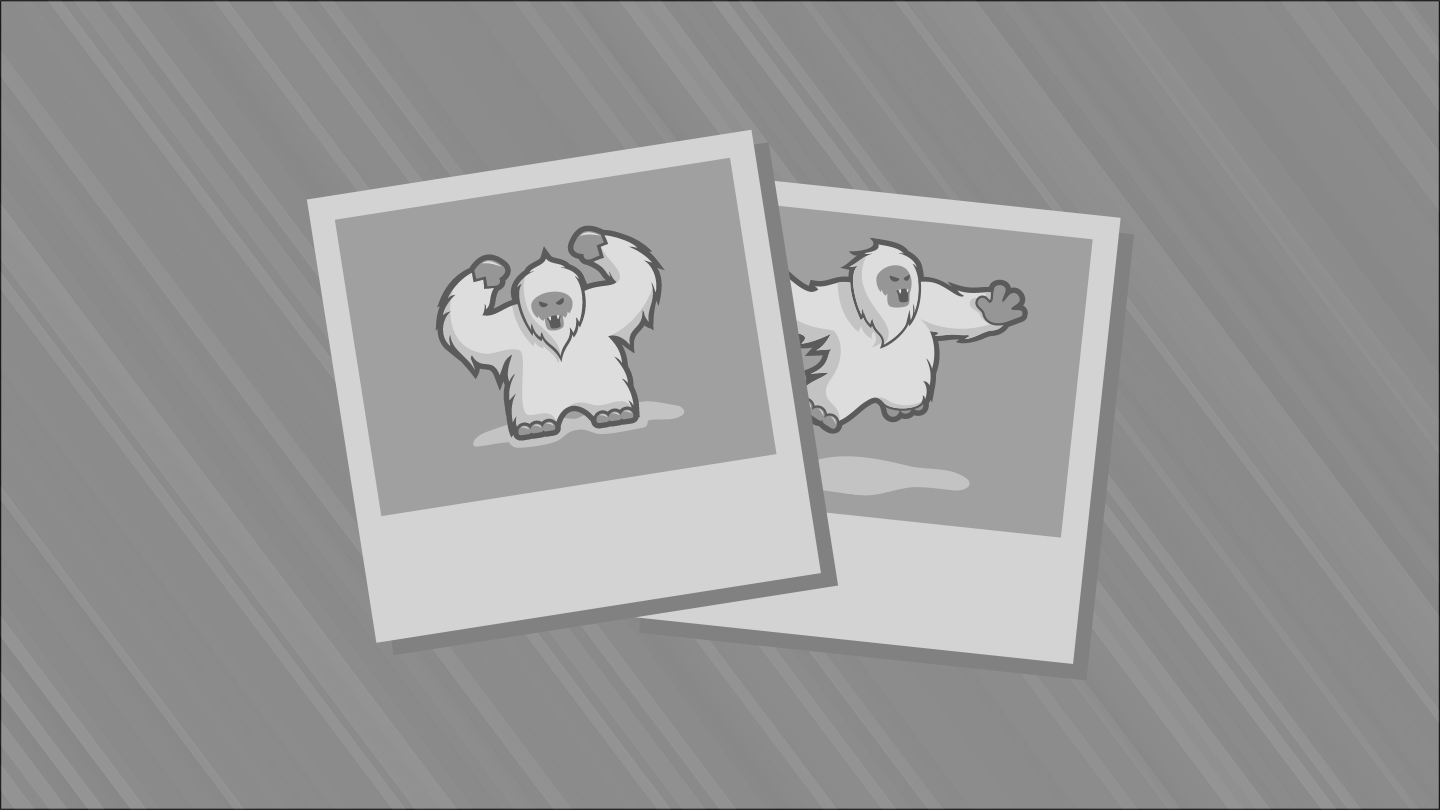Merlin’s Shadow continues the imaginative reworking
of Arthurian legend begun in Merlin’s Blade. While it makes no pretense of
being a historical account, the cultural background of cultural structure adds
depth and a fresh perspective to a familiar tale. I especially appreciated the tension in
Ganieda’s subplot; the author skillfully walks the line between the reader’s
expectations and the girl’s devotion to her druid grandfather.
I was especially
impressed by the scenes where druidic powers are used. Magic powers are common
in fantasy, but they are most often portrayed as inept or totally under the
user’s control—scenarios where the magic overpowers the magician are rather
rare in my reading experience, and increase the stakes. If no one knows what
the magic can do, then it cannot be used to resolve situations without first
making them worse.
Likewise, the conflict between the druids and the Christians
avoids flanderizing both sides (though I know less about the Druids), and tries
to include honorable characteristics in both leaders. I also enjoyed seeing the knights of Arthur
slowly gather.
I’d recommend this book not only for YA readers, but also
for anyone wanting a new approach to Arthurian legend.
I received a free copy of this book from Thomas Nelson in
exchange for an honest review.



